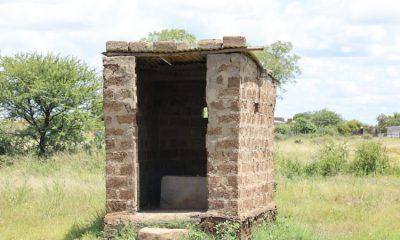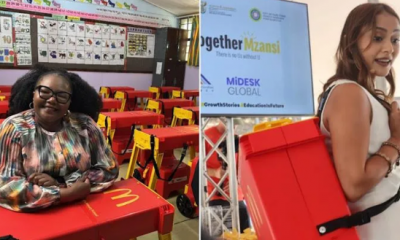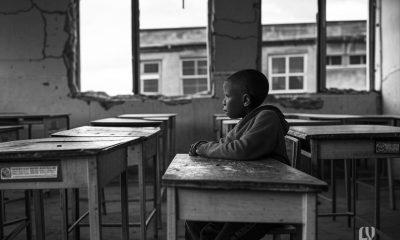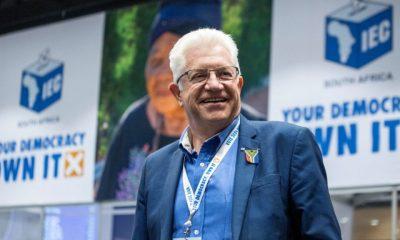411
South Africa’s Real Matric Pass Rate Exposed: Only 50% Make It Through the System
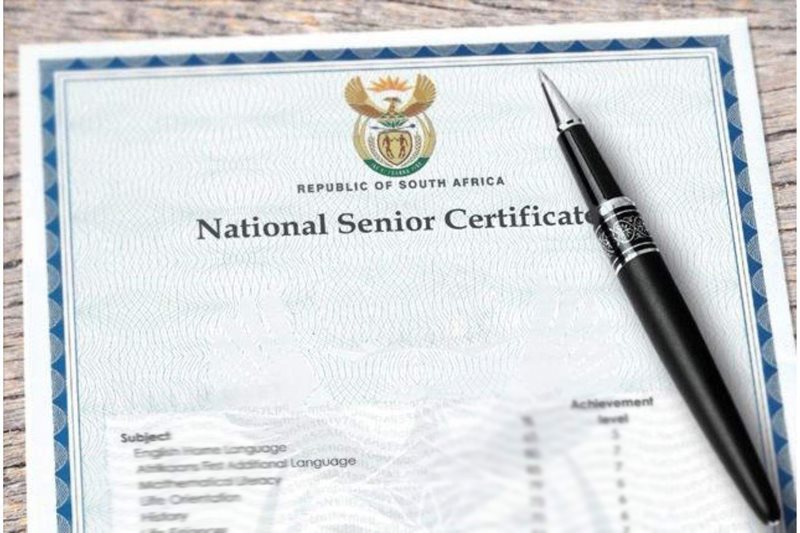
South Africa’s education system is once again under scrutiny as the “real” matric pass rate for the class of 2024 is revealed to be just 50%. This stark contrast to the official 87.3% pass rate announced by Minister of Basic Education, Siviwe Gwarube, sheds light on systemic issues plaguing the country’s education system.
A Record Pass Rate, But What Does It Mean?
Minister Gwarube proudly announced that 614,562 learners passed their matric exams in 2024, the highest number in South Africa’s history. This figure represents a steady improvement over the last 15 years, with the official pass rate climbing from 60% in 2009 to 87.3% in 2024.
However, a closer look tells a different story. Of the 1.22 million learners who started school in Grade 1 in 2013, only 50.25% made it to matric and passed. Rival political party Build One South Africa (BOSA) highlighted this discrepancy, referring to it as the “real” matric pass rate.
The Reality Behind the Numbers
While official figures focus on those who completed matric, they don’t account for the nearly 500,000 learners who dropped out along the way. Many of these young South Africans face an uphill battle to enter the economy or find jobs, compounding the country’s youth unemployment crisis.
University admission remains a challenge as well, with only 47.8% achieving a Bachelor’s pass. BOSA predicts that fewer than 15% of these students will enrol at universities.
The 30% Pass Mark Debate
Critics argue that South Africa’s matric pass requirements set the bar too low. While the Department of Basic Education refutes claims of a “30% pass mark,” the current system allows learners to pass with 30% in three subjects and 40% in three others.
BOSA and education experts insist that this standard undermines student potential. International studies show that only 20% of South African learners perform at an appropriate level, and a staggering 81% of children cannot read for comprehension by age 10.
A Call for Reform
Addressing South Africa’s education challenges will require sweeping reforms:
- Raising Pass Requirements: BOSA advocates for a minimum 50% pass mark across all subjects.
- Improving Teacher Quality: A nationwide teacher skills audit and increased salaries are crucial.
- Independent Oversight: Introducing an education ombudsman to oversee standards and accountability.
- Investment in Early Education: Prioritizing primary education phases to build stronger foundations.
- Reducing Class Sizes: Tackling overcrowded classrooms and ensuring adequate infrastructure.
South Africa’s education budget exceeds R300 billion annually, yet systemic issues persist. To ensure that the country’s youth are equipped for the future, the government must address these challenges head-on.

Curro Online is a fully online school that makes the excellent Curro education available to primary and high school learners across South Africa and abroad.
Discover how your child can thrive while learning in the calm and comfort of home—start their journey today!
The question remains: Will the 2024 matric results spark meaningful change, or will they become another missed opportunity to fix South Africa’s education system?
While the record-breaking matric pass rate is a reason for celebration, the reality paints a more sobering picture. South Africa’s education system must focus on long-term reforms to ensure that every learner has the opportunity to succeed.
Follow Joburg ETC on Facebook, Twitter , TikTok and Instagram
For more News in Johannesburg, visit joburgetc.com



